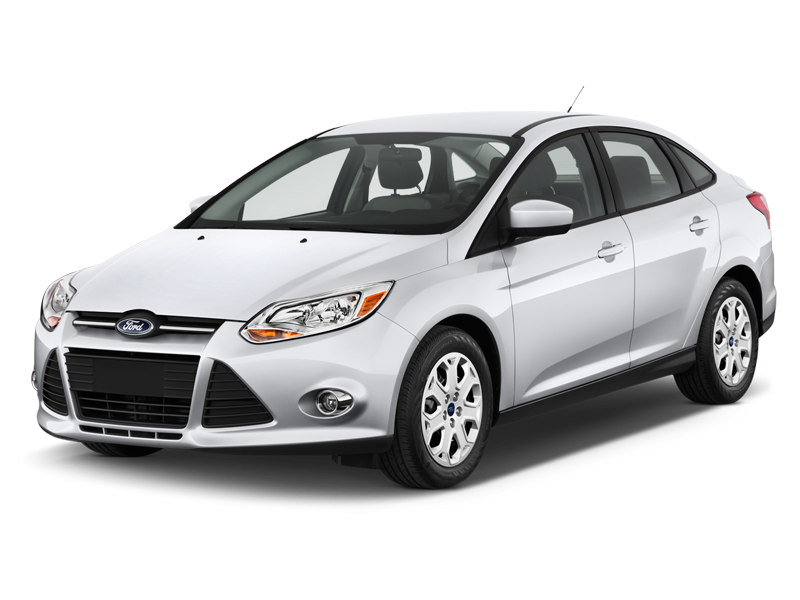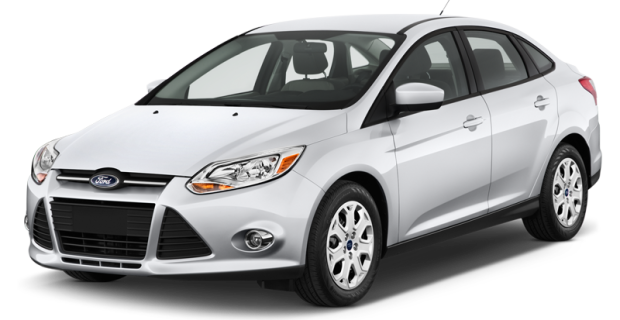
Photo by CC user 他自來江湖 on Wikimedia Commons
It only happens once in your life, and there is no question that buying your first car is a very exciting milestone for just about anyone. It is a big commitment, however, and industry experts like Jeff Lupient can offer advice about the sorts of things to consider as think about how to pay for your first car.
There are a number of ways that you can pay for a car, but depending on whether the car is new or used, not all options may be available to you.
Cash – the most straightforward way to buy your car is with cash. Obviously, this is more likely to be an option if you are buying an older used vehicle, but if you have saved enough to buy a new car outright, this might be an option to consider. The advantage of this option is that you completely and immediately own the car once you have paid for it. This means that you can easily sell it whenever you like. It also means that you don’t have monthly payments to worry about. However, it does mean a big expenditure that can deplete your savings.
Lease – this is a good option if you think that you will want to have a new car every few years. Usually, but not always, you simply put down a deposit and drive away – monthly payments are due for the term of the lease. Leasing is available on new cars and sometimes on pre-used cars as well. The upside is that when the lease is up, you simply return the car to the dealer. The downside, however, is that the monthly lease payments have not built you equity in the car – just like renting an apartment, the monthly payment doesn’t mean you own the car. In most cases you will have an option to purchase the vehicle you have been leasing but very often the price will be higher than the market value of the car.
Finance – financing a car means in effect that you have taken a loan to purchase the car, which must be paid back according to whatever terms you agreed to. This is a great option for buyers with good credit, who may be offered very low interest rates. The advantage of financing a car is that you will own the car when the financing has been repaid. On the downside, because you don’t own the car until then, it is difficult to sell. Financing also involves a higher monthly payment – whereas lease payments are based only on a portion of the value of the car, financing payments are based on the entire value of the car.
Without a clear sense of your how you will be able to pay for your car before you start to look, you can set yourself up for disappointment. Before anything else, find out if you qualify for leasing or financing options (and if not, investigate the possibility that a family member may act as a cosigner). If you do qualify for either of these, you need to carefully evaluate your finances in order to calculate how big a monthly payment you can afford. Be sure to take into account costs that go along with car ownership.
Once you know how much you can afford to pay either all at once or on a monthly basis, you are ready to begin looking for your first car!




